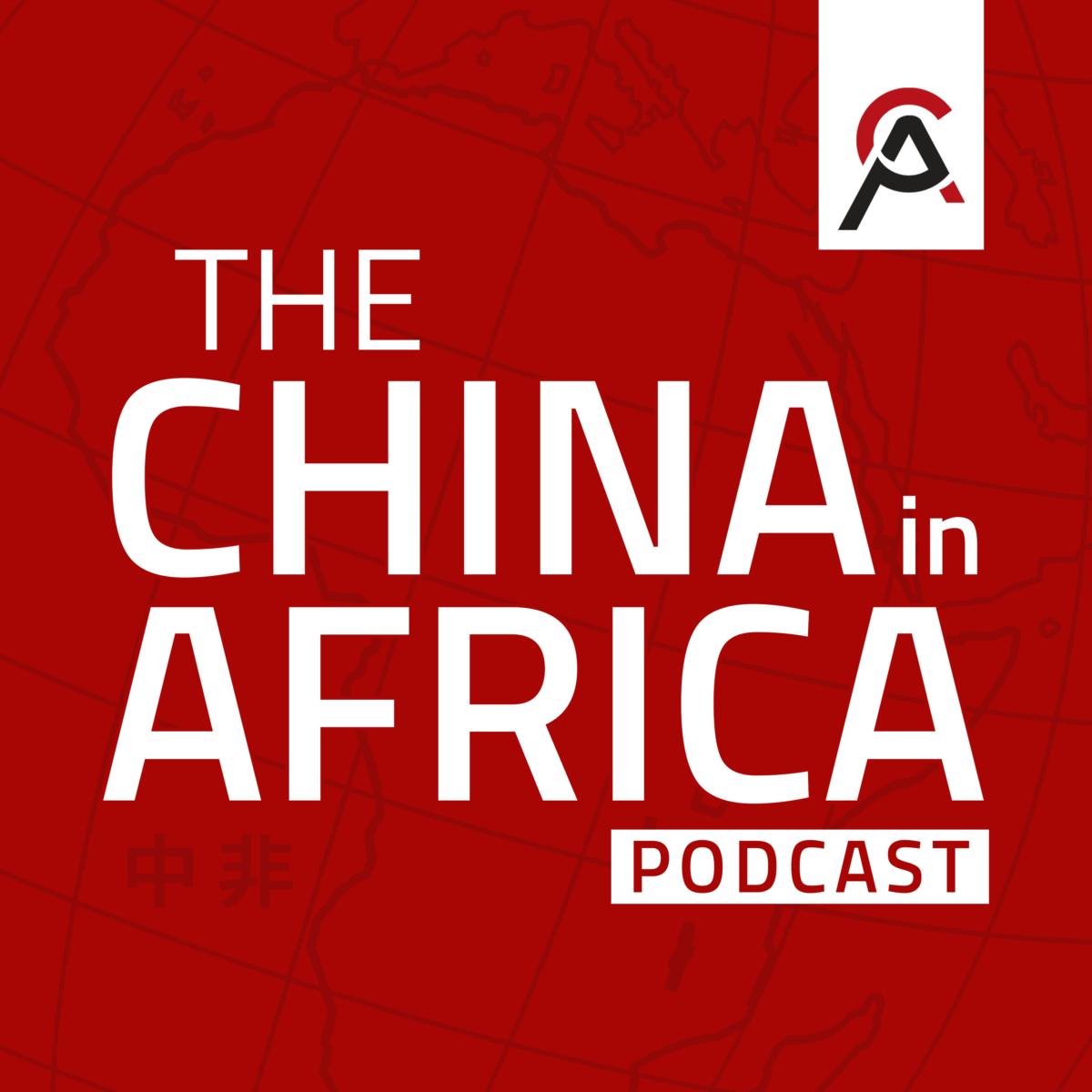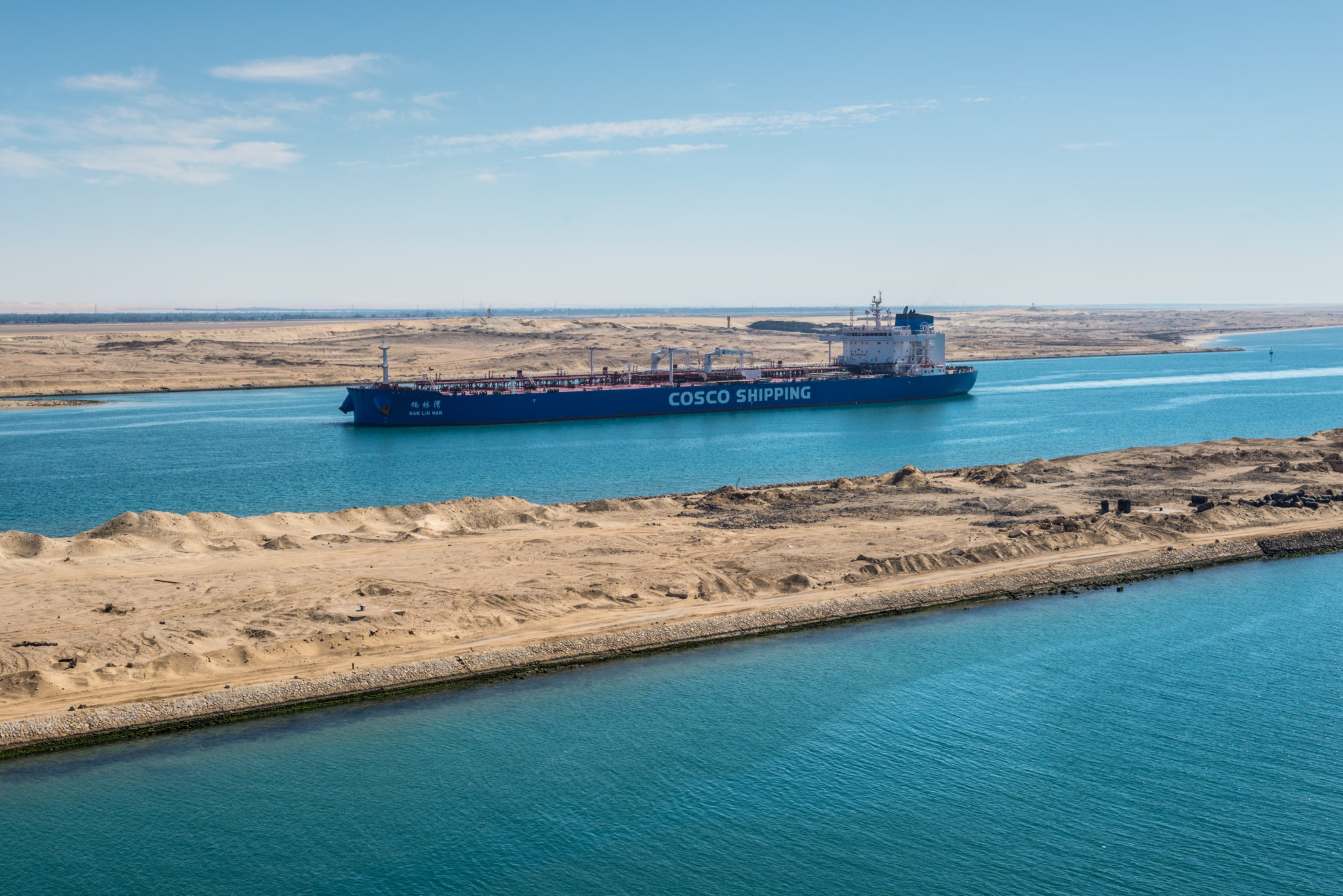China is steadily reducing its dependence on African oil suppliers, who once accounted for a third of Chinese crude imports. Today, China buys more oil from Saudia Arabia than any other country in the world. From 2019 to 2020, Chinese oil buys from the Kingdom surged 47%. The Chinese are also buying more oil from Iraq and leveraging its close ties with the United Arab Emirates to establish sophisticated trading logistics hubs in Dubai as part of the Belt and Road Initiative.
Yet China’s presence in the Middle East, the Persian Gulf, and North Africa isn’t confined to just the commercial realm. Beijing is also rapidly expanding its diplomatic and security engagement in those regions. Now some are beginning to wonder if China has hegemonic ambitions that will challenge incumbent powers like the United States.
Afshin Molavi doesn’t think so, at least not now. Molavi closely follows Middle East and North Africa (MENA) politics as a senior fellow at the Johns Hopkins SAIS Foreign Policy Institute in Washington, D.C., and regularly travels to the region to meet with senior stakeholders. He joins Eric and Cobus to discuss his new paper, Enter the dragon: China’s growing influence in the Middle East and North Africa, and explains policymakers’ need for a more refined view of China’s ambitions in MENA.







